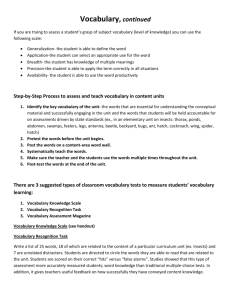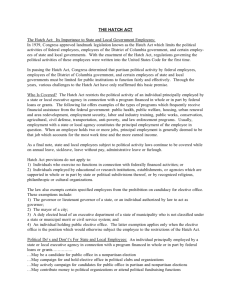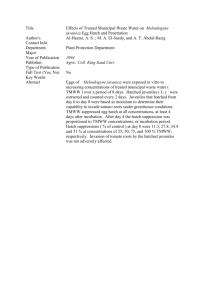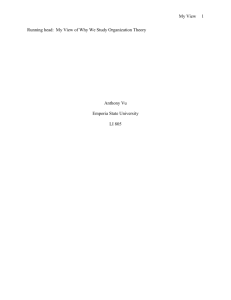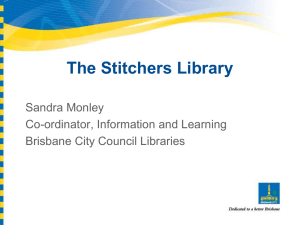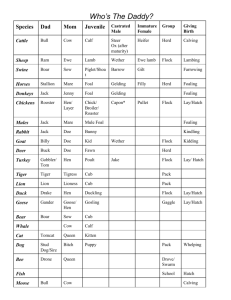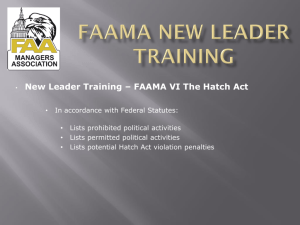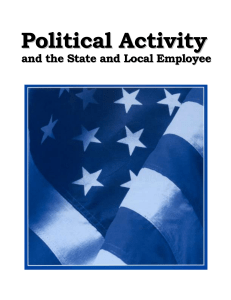State of RI and Federal Laws pertaining Political Activities
advertisement
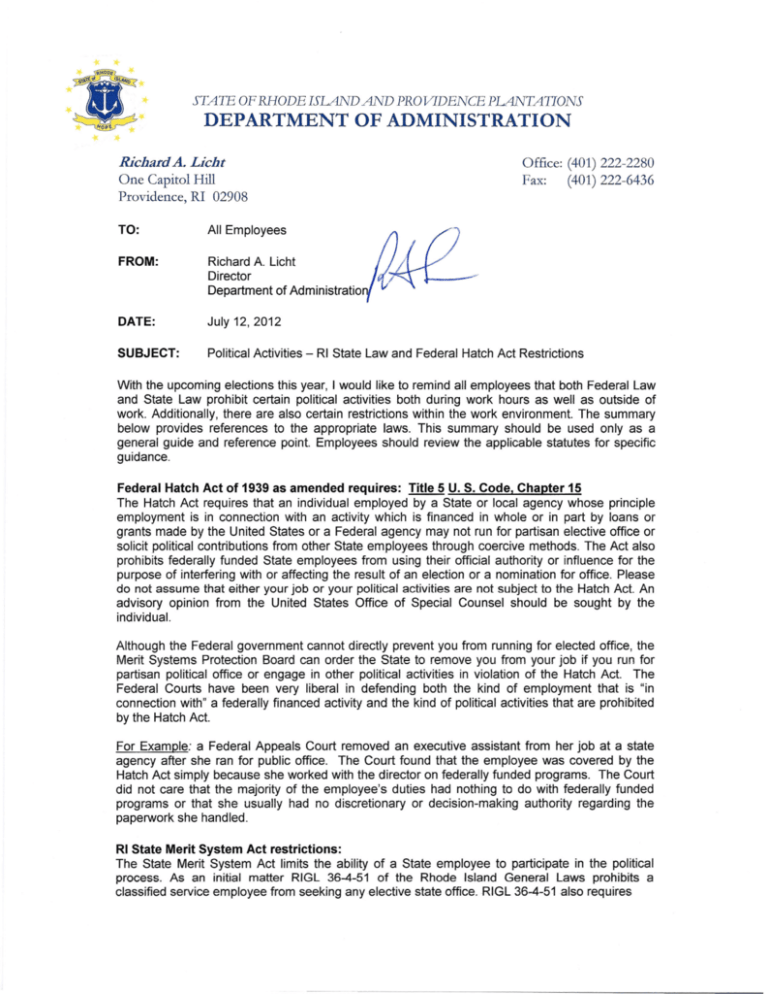
STATE OF RHODE ISLAND AND PROVIDENCE PLANTATIONS DEPARTMENT OF ADMINISTRATION Richard A. Licht One Capitol Hill Providence, Office: (401) 222-2280 Fax: (401) 222-6436 RI 02908 TO: All Employees FROM: Richard A Licht Director Department of Administratio DATE: July 12, 2012 SUBJECT: Political Activities - RI State Law and Federal Hatch Act Restrictions With the upcoming elections this year, I would like to remind all employees that both Federal Law and State Law prohibit certain political activities both during work hours as well as outside of work. Additionally, there are also certain restrictions within the work environment. The summary below provides references to the appropriate laws. This summary should be used only as a general guide and reference point. Employees should review the applicable statutes for specific guidance. Federal Hatch Act of 1939 as amended requires: Title 5 U. S. Code, Chapter 15 The Hatch Act requires that an individual employed by a State or local agency whose principle employment is in connection with an activity which is financed in whole or in part by loans or grants made by the United States or a Federal agency may not run for partisan elective office or solicit political contributions from other State employees through coercive methods. The Act also prohibits federally funded State employees from using their official authority or influence for the purpose of interfering with or affecting the result of an election or a nomination for office. Please do not assume that either your job or your political activities are not subject to the Hatch Act. An advisory opinion from the United States Office of Special Counsel should be sought by the individual. Although the Federal government cannot directly prevent you from running for elected office, the Merit Systems Protection Board can order the State to remove you from your job if you run for partisan political office or engage in other political activities in violation of the Hatch Act. The Federal Courts have been very liberal in defending both the kind of employment that is "in connection with" a federally financed activity and the kind of political activities that are prohibited by the Hatch Act. For Example: a Federal Appeals Court removed an executive assistant from her job at a state agency after she ran for public office. The Court found that the employee was covered by the Hatch Act simply because she worked with the director on federally funded programs. The Court did not care that the majority of the employee's duties had nothing to do with federally funded programs or that she usually had no discretionary or decision-making authority regarding the paperwork she handled. RI State Merit System Act restrictions: The State Merit System Act limits the ability of a State employee to participate in the political process. As an initial matter RIGL 36-4-51 of the Rhode Island General Laws prohibits a classified service employee from seeking any elective state office. RIGL 36-4-51 also requires RI General Law and Hatch Act Restrictions On Public Employee Political Activity Ju~y12. 2012 Page 2 of 2 that no state elective officer be appointed as a classified employee unless he or she resigns from his or her elective office. RIGL 36-4-52 requires that no classified employee shall during working hours engage to any extent in any form of partisan politics except that he or she may attend and vote at any party caucus, primary, or election held during working hours. Outside of working hours, classified service employees are allowed to attend any partisan political rally, club, or gathering and privately express his or her partisan political views. RIGL 36-4-53 addresses campaign contributions and mandates that no ciassified service employee shaii solicit contributions for nor shall he or she be solicited to contribute to any political party or campaign either during working hours or outside of working hours. This section also requires that those State employees in charge of access to State buildings not permit any person to enter the building, office, or room, for the purpose of therein making, demanding, collecting, receiving or giving notice of any political assessment, subscription, or contribution. RIGL 36-4-54 expressly prohibits any person who is a candidate for nomination or for election for any elective office from seeking to influence the vote of any person by promising to use political influence in obtaining for that person an appointment or promotion in the classified service. RIGL 36-4-56 requires that a violation of these statutes is a misdemeanor punishable by a fine of up to $500 and/or up to sixty days in jail and immediate dismissal if convicted and RIGL 36-4-52 requires that in the event criminal charges are not brought, classified service employees who violate these statutes shall for a first offense be either demoted or dismissed and for a second offense dismissed. In closing, this memorandum serves to put Act and the Rhode Island General Laws. your political activities are not subject to States Office of Special Counsel should be all employees on notice of the restrictions of the Hatch Again, please do not assume that either your job OT the Hatch Act. An advisory opinion from the United sought by the individual if there is any question. If you have any questions, please feel free to contact Matthew B. Smith, Legal Counsel with the Department of Administration. He may be contacted at 222-6381 or by email at matthew.smith@doa.ri.gov Thank you for your assistance in this matter. ***************************************************************************************************************
